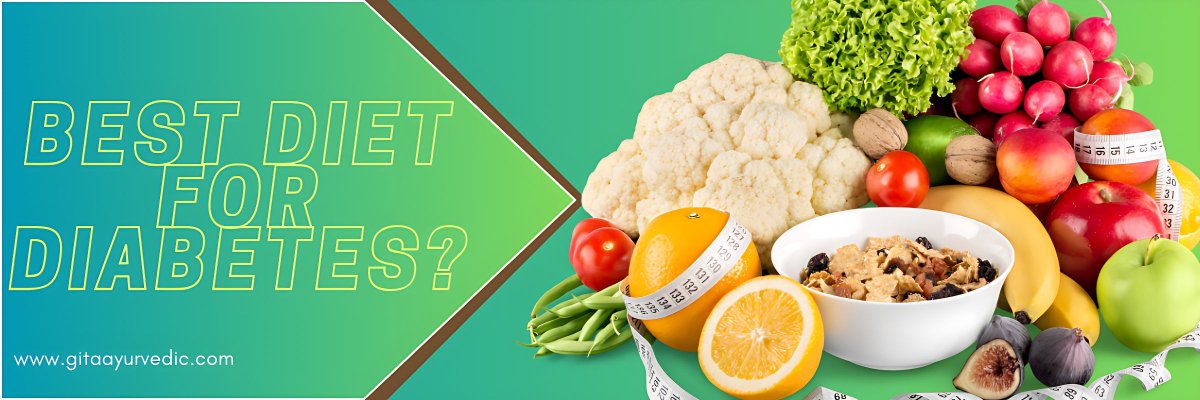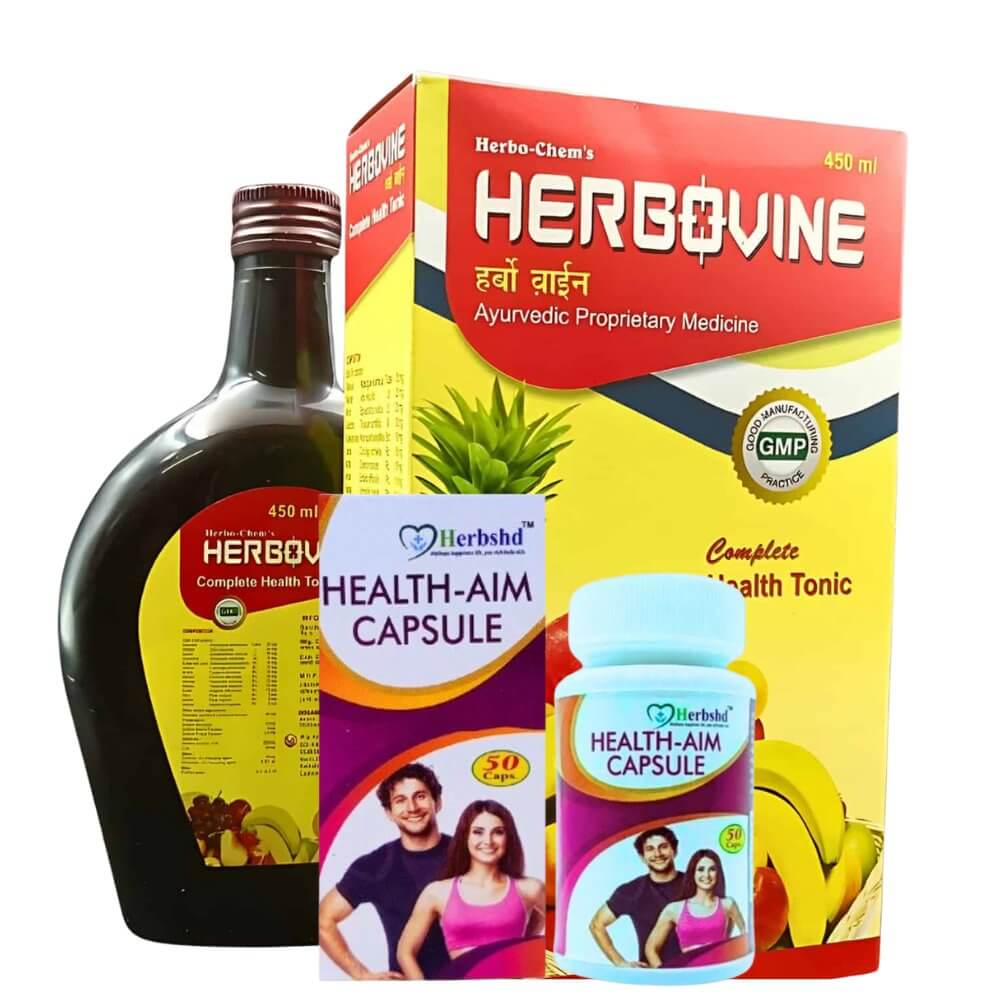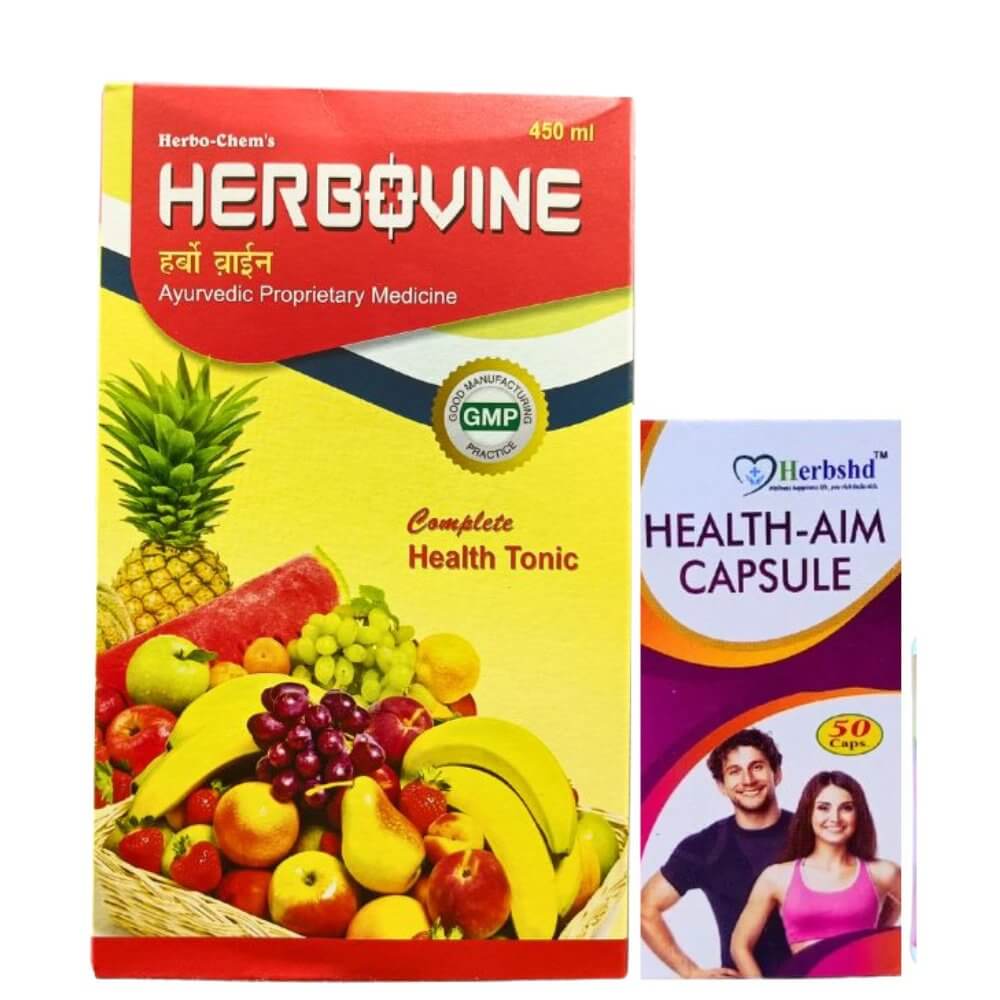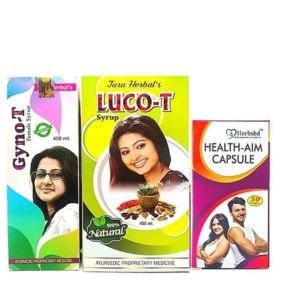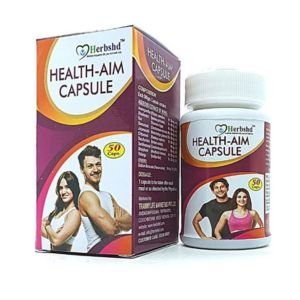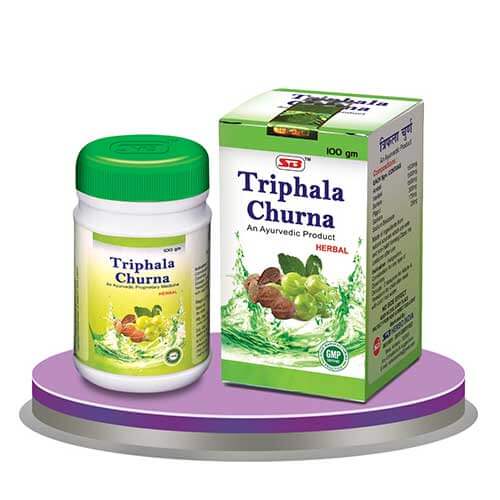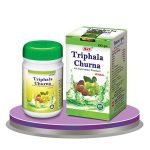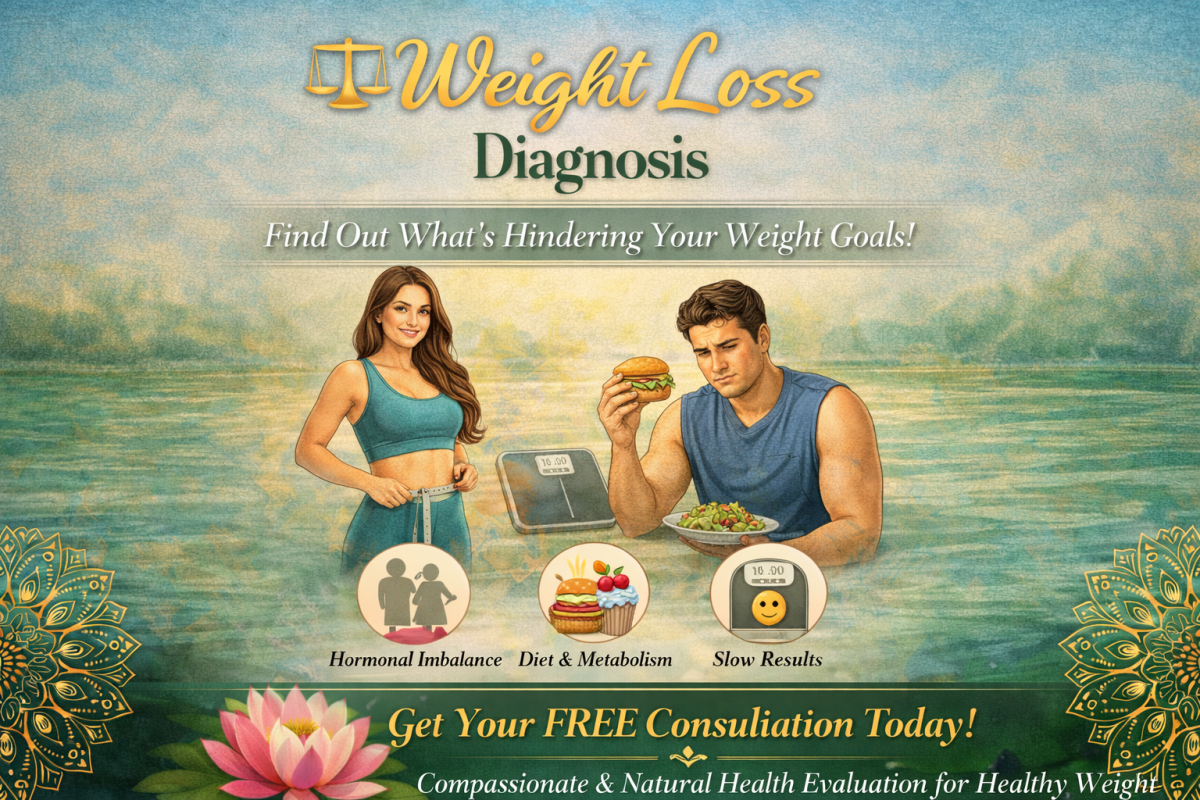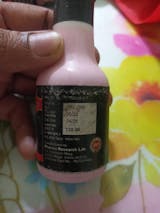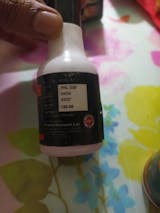A proper diet for diabetics includes some amount of all foods, but the following types of foods are generally considered the best. A healthy diet will help keep your diabetes under control. At the same time, it will provide the necessary energy and help to stay physically and mentally well. Having diabetes doesn't mean you have to give up certain foods altogether. You can eat a variety of foods, but some foods must be eaten in moderation. If you need to change your diet, try making small changes each week. This way it will be easier for you to make changes. It is better not to try to completely change the diet.
Foods beneficial for diabetes
Results:
- Apple
- Grapefruit
- Pears
- Orange
- Grapes
- Berry
Vegetables:
- Spinach
- Red vegetables
- Broccoli
- Cauliflower
- The carrot
- Gourd
- Cucumber
- Tomato
Grains:
- Oats
- Brown rice
- Quinoa
- Joa
- Millet
Protein:
- Chicken (without skin)
- The fish
- Egg (white part)
- Dal
- Nuts
Others:
- Curd
- Nuts
- The seed
- Olive oil
How much fruit and vegetables to eat?
Try to eat at least five servings of fruits and vegetables a day. One serving = the amount of food that fits in the palm of one hand.
Benefits of protein-rich foods
They keep your muscles healthy
Oily fish keep your heart healthy
Food List for Diabetes
Breakfast:
- Oatmeal with nuts and seeds
- Egg omelette with vegetables
- Yogurt with fruit
Lunch:
- Brown rice
- Chicken curry
- Red vegetables
- Curd
Dinner:
- The bread
- Fish broth
- Pumpkin filling
- Sour yogurt
How much protein-rich foods to eat?
Try to eat a few foods from this group every day. Eat one or two servings of oily fish a week in particular, but don't necessarily eat meat every day.
Foods to Avoid in Diabetics
Foods high in excess fat, salt and sugar—the less, the better. But we know it's not possible to avoid these foods all the time, so it's important to be aware of how they affect your body. These foods include biscuits, chips, chocolate, cakes, ice cream, butter and soft drinks with added sugar. These foods and drinks are high in calories, and they raise blood sugar levels too much. So look for sugar-free, low-calorie alternatives. The best, most delicious drink is water—it has no calories. They are also high in unhealthy saturated fat. So they're good for blood cholesterol levels and your heart health—neither. In addition, these foods, especially processed foods, also contain a lot of salt. Excess salt greatly increases the risk of high blood pressure and stroke. A total of 1 teaspoon (6 grams) of salt per day should not be consumed.

